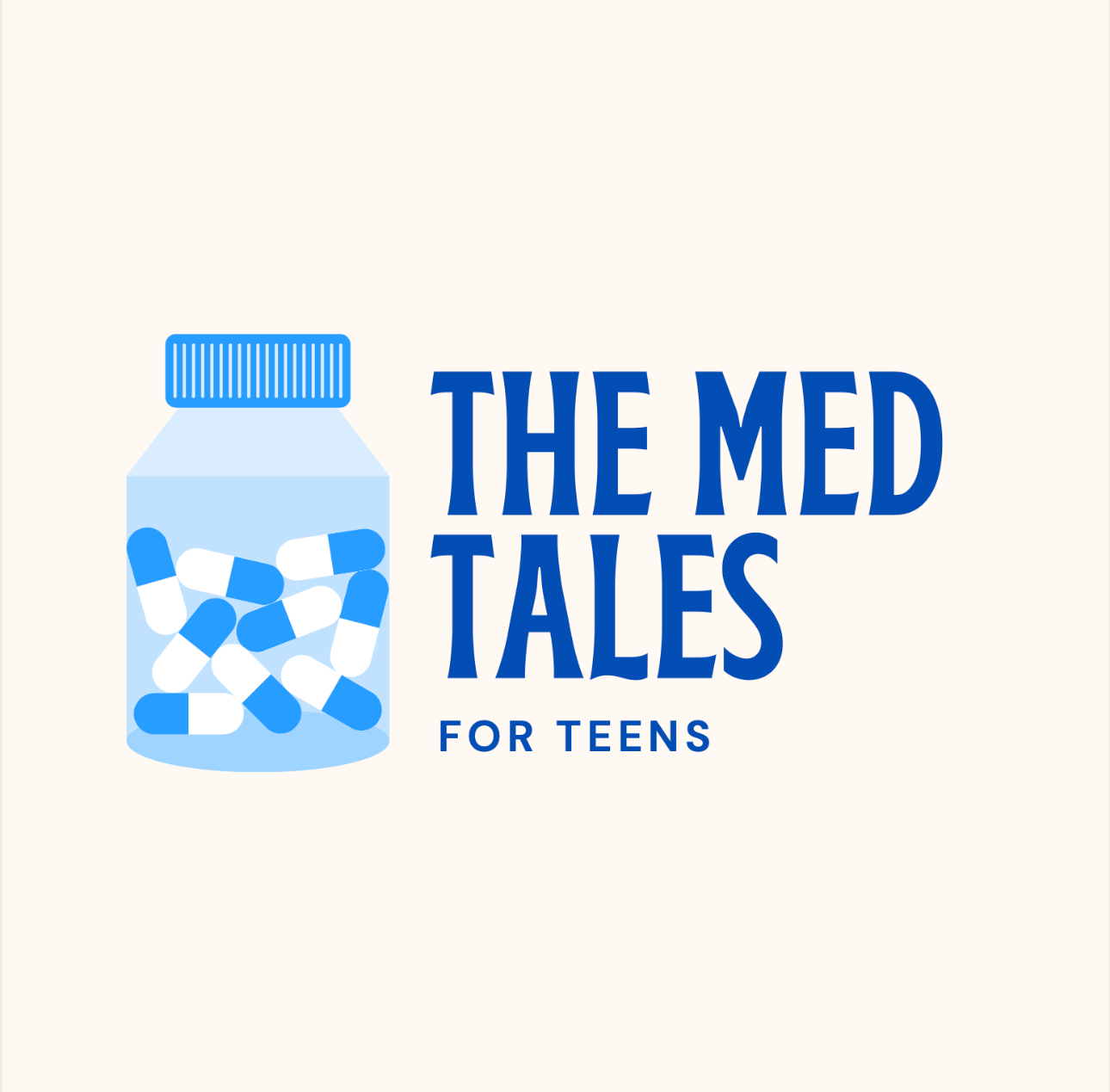What Happens To Your Body When You Pull an All-Nighter
- Kaylyn Kim

- Jul 2, 2025
- 3 min read
Updated: Jul 3, 2025
Cramming for your finals last minute, watching your favorite k-drama, or listening to music staring at the ceiling—these are all “valid” reasons for pulling an all-nighter…right?

*Image credit: Screenshot from Gilmore Girls, via Screen Rant*
Well, what exactly happens to our bodies when we do not sleep for 24 hours?
Do not fret! I’m Kaylyn Kim, your favorite teen blogger, and I’ve got scientific evidence to explain what’s going on when you pull an all-nighter.
Let us dive in!
🌙 The Science of Sleep
A circadian rhythm refers to the 24-hour cycle all organisms undergo. This rhythm is influenced by light. As the sun goes down in the evening, your eyes detect this signal and send it to the brain—specifically to the suprachiasmatic nucleus (SCN).
Then, the SCN signals to the pineal gland to release a hormone called melatonin that communicates that you need to fall asleep. Melatonin typically spikes about 2 hours before your bedtime. At the same time, neurons in the hypothalamus and brainstem releases GABA, a compound that allows you to relax.
Around your “typical” bedtime (I know you sneaky ones sleeping at 3 am every day!), your body temperature drops, and attention decreases.
☕ Fake Energy?
Adenosine is a waste product that builds up in the brain during the day. At night, it latches onto nerve cell receptors to make you sleepy—but caffeine blocks adenosine, giving you a false boost of energy.

*Image credit: Screenshot from Gilmore Girls, via Screen Rant*
🧠 Studying Without Sleep?
Your hippocampus stores all of the information that you are trying to memorize during your late-night cramming sessions. But to convert short-term memories into long-term memories, your brain needs sleep—specifically, the neocortex.
So, if you’re studying for a test far in advance, sleep is important!
⚠️ What One All-Nighter Does
FUN FACT: Did you know that being awake for 19 hours can make you behave like individuals who have been drinking alcohol?
Some people experience a brief sense of euphoria, but don’t let that tempt you into making this a habit!
In the morning, your pineal gland stops releasing melatonin, so you might feel falsely alert—but your problem-solving skills and focus will still be impaired.
Later in the day, your amygdala (which controls emotions) becomes unstable, making you irritable. (Don’t snap at your mom, kids!)

*Image credit: Screenshot from Gilmore Girls, via Screen Rant*
💤 Why It Matters
One sleepless night won’t kill you. But know that your sleep schedule impacts everything—from your risk of depression and chronic illness to your grades.
Studies show that students with a consistent sleep routine tend to have higher GPAs, so choose wisely!

🌟 All-Nighter Survival Tips
If life throws you into a situation where you have to stay up, here’s what to do:
Drink caffeine, but keep it under 400 mg/day (~4 cups).
Turn on the lights and get morning sunlight to feel alert.
Avoid driving—sleep-deprived driving is dangerous.
Eat balanced meals. Sleep loss can cause cravings for sugary junk that messes with your metabolism.
Take a nap once your test or task is done. You deserve it.
📌 Final Thoughts
Sleep is your secret weapon—for health, mood, memory, and success. So next time you're about to stay up all night... maybe just watch one K-drama episode and go to bed.
References:
National Sleep Foundation: https://www.sleepfoundation.org/sleep-hygiene/why-are-all-nighters-harmful
Gilmore Girls screenshots via Screen Rant
All Gilmore Girls images are copyrighted by Warner Bros. Television and used here for educational and commentary purposes.



Comments